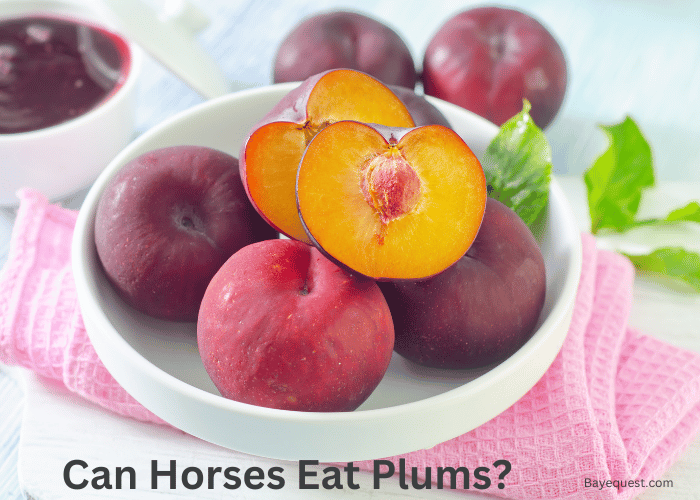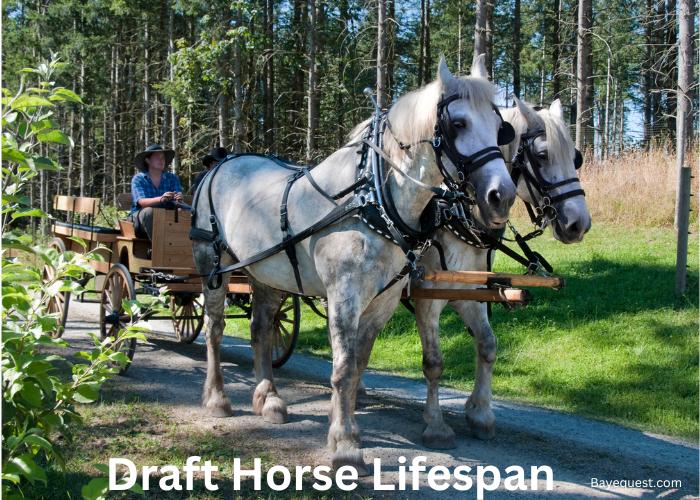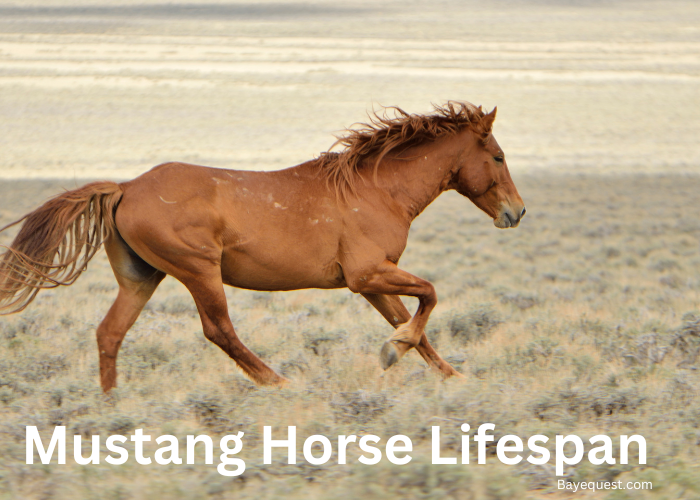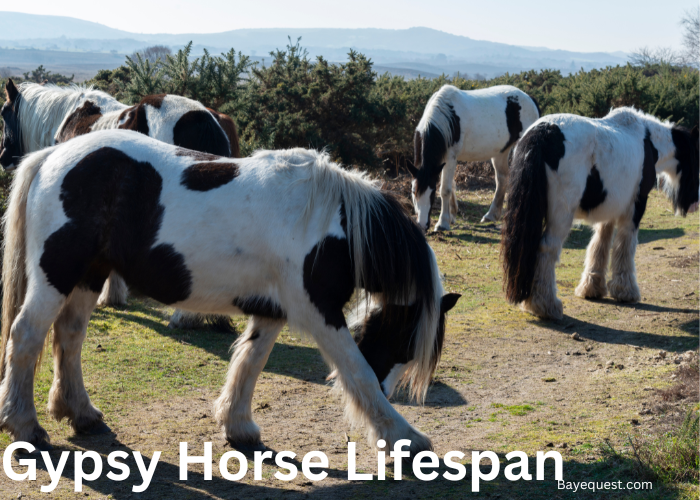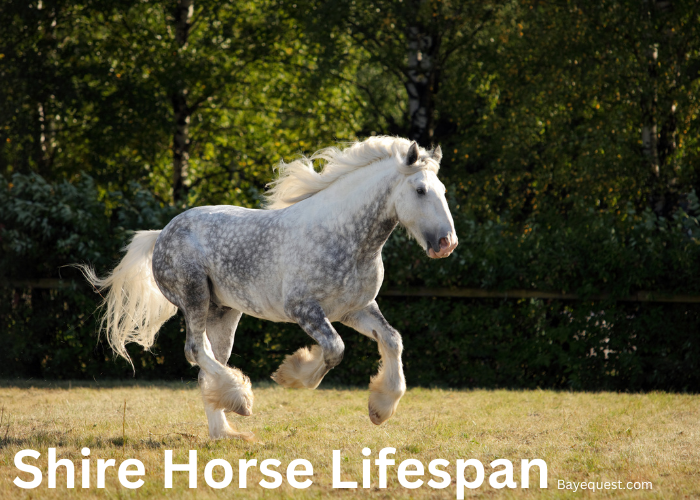Plums are juicy, sweet, and full of flavor. But are they a treat fit for our hoofed friends?
Horses munch on hay, grass, and the occasional apple. So, where do plums fit in? Before you toss a ripe one to your curious equine, there’s more to know.
Are plums a tasty delight or a risky bite? Could that little fruit cause a big problem?
In this blog, we dive into the world of plums and horses. Let’s find out if this snack is a friend or foe for your four-legged pal.
Can Horses Eat Plums? Key Takeaway
Horses can eat plums, but only in small amounts and without the pits. The pits are toxic and can cause choking or digestive issues. Plums are high in sugar, which isn’t ideal for horses, especially those with metabolic issues. It’s safer to choose low-sugar fruits like apples or carrots for treats.
Are Plums Safe for Horses?
Plums are a bit of a tricky treat when it comes to horses. While the flesh of the plum isn’t toxic, it can still pose some risks.
The biggest concern is the pit. Plum pits contain cyanide compounds, which are highly toxic and can be dangerous if ingested. They’re also a choking hazard and can cause serious digestive blockages.
Even without the pit, plums are high in sugar, which can lead to digestive upset or other health issues, especially in horses prone to conditions like laminitis.
So, if you’re thinking of feeding plums to your horse, skip this snack or consult your vet first.
Read also: Can a Horse Eat Carrots?
How Much Plums Can a Horse Have?
When it comes to feeding plums to a horse, less is more. If you decide to give your horse a taste, it should be a very small amount.
Give them just a single, small piece—no pits, of course. A whole plum or even half is too much.
Horses have sensitive digestive systems, and too much of this sweet fruit can cause issues like colic or diarrhea.
Also, consider the sugar content. For horses with metabolic issues or prone to laminitis, even small amounts can be risky.
As a rule, plums should be an occasional, tiny treat—something they might taste once in a blue moon. Always remove the pit and cut the fruit into small, manageable pieces.
And remember, when in doubt, skip it altogether and stick with safer fruits like apples or carrots.
How to Safely Feed Plums to Horses
Feeding plums to horses requires careful preparation to ensure their safety. Follow these steps to minimize risks and make plum tasting a safer experience for your horse
1. Remove the pit. The pit is the most dangerous part of a plum. It contains cyanide compounds and poses a choking risk. Always remove the pit completely.
2. Cut into small pieces. Slice the plum into small, bite-sized pieces. This makes it easier for your horse to chew and digest and reduces the risk of choking.
3. Offer in moderation. Limit plums to a very small amount. Think of them as a rare treat rather than a regular snack. One or two small pieces are more than enough.
4. Monitor for reactions. After feeding, watch your horse for any signs of discomfort or digestive upset. If you notice any issues, stop immediately and consult your vet.
5. Know your horse. If your horse has metabolic issues like insulin resistance or is prone to laminitis, it’s best to avoid sugary fruits like plums altogether.
Nutritional Benefits of Plums
Plums are rich in vitamins that can be beneficial. They contain Vitamin A, Vitamin C, and Vitamin K. These vitamins help with immune health, skin health, and blood clotting.
While a small amount might provide a boost, horses usually get enough of these from their regular diet.
Plums also have a good amount of dietary fiber, which supports digestion.
However, horses get plenty of fiber from hay and grass. They don’t need extra fiber from fruits like plums.
The antioxidants in plums, such as polyphenols, help fight free radicals and reduce inflammation.
This sounds great, but horses don’t need these specific antioxidants from plums. They often get what they need from their regular forage and specialized feeds.
Plums have a high water content, which can help with hydration. They also contain small amounts of potassium, an important electrolyte.
But horses have better options for hydration and electrolyte balance, like salt licks and plenty of water.
While these nutrients seem beneficial, they don’t offer much to horses that they don’t already get from their daily diet. The nutritional benefits of plums are minor compared to the risks.
Nutritional Content of Plums
| Nutrient | Amount per 100g | Potential Benefits |
| Calories | 46 kcal | Provides energy for bodily functions. |
| Carbohydrates | 11.4 g | Source of quick energy but should be limited for horses. |
| Sugars | 9.9 g | Adds sweetness but can cause digestive issues if overfed. |
| Dietary Fiber | 1.4 g | Aids digestion; however, horses get sufficient fiber from hay. |
| Protein | 0.7 g | Supports muscle health, though horses require more from forage. |
| Fat | 0.3 g | Minimal impact; horses need very little fat. |
| Vitamin A | 345 IU | Supports vision, immune health, and skin health. |
| Vitamin C | 9.5 mg | Acts as an antioxidant; helps in collagen production. |
| Vitamin K | 6.4 mcg | Aids in blood clotting and bone health. |
| Potassium | 157 mg | Helps maintain electrolyte balance and muscle function. |
| Calcium | 6 mg | Supports bone health, though minimal in plums. |
| Magnesium | 7 mg | Assists with nerve and muscle function. |
| Iron | 0.17 mg | Plays a role in oxygen transport in the blood. |
| Antioxidants (Polyphenols) | High | Protects cells from oxidative stress and inflammation. |
Risks of Feeding Plums to Horses
Feeding plums to horses comes with several risks that horse owners need to consider. The most significant danger is the plum pit.
Plum pits contain cyanide compounds, which are toxic if ingested. Even a small amount can lead to poisoning.
The pit also poses a choking hazard and can cause serious digestive blockages. This may lead to life-threatening situations.
Aside from the pit, the high sugar content in plums is another concern. Horses have sensitive digestive systems that are not well equipped to handle large amounts of sugar.
Feeding too many plums can lead to digestive upset, such as colic or diarrhea. For horses with metabolic issues, like insulin resistance even small amounts of sugary fruits can be harmful.
There is also the risk of overfeeding. While the flesh of a plum isn’t toxic, overconsumption can cause digestive problems.
Horses can experience bloating, discomfort, or more severe digestive issues. Feed them plums in very small quantities, if at all, and always under a vet’s guidance.
Read also: Are Sugar Cubes Good for Horses?
Alternative Safe Fruits for Horses
The following fruits are safe and healthy for horses to enjoy in moderation:
1. Apples: Remove the seeds and core. A crunchy and refreshing treat.
2. Carrots: While technically a vegetable, they are sweet and crunchy, making them a favorite.
3. Pears: Remove the seeds and core. Similar to apples but with a softer texture.
4. Bananas: High in potassium and easy for horses to chew. Even the peel is safe in small amounts.
5. Watermelon: Remove the rind and seeds. A hydrating and sweet summer treat.
6. Blueberries: Rich in antioxidants and easy to feed in small quantities.
7. Strawberries: Sweet and juicy, but feed in moderation due to sugar content.
8. Raspberries: Low in sugar and packed with vitamins and fiber.
9. Oranges: Packed with Vitamin C. Peel them and feed in small sections.
10. Peaches: Remove the pit. Soft and sweet flesh that horses may enjoy.
11. Pineapple: Remove the skin and core. Feed in small, juicy chunks.
12. Mango: Peel and remove the pit. The soft flesh is safe in small amounts.
13. Cantaloupe: Remove the rind and seeds. Horses love the orange flesh because it is sweet and hydrating.
Horses that Cannot Eat Plums
Not all horses can safely enjoy plums, even in small amounts. Several horses are at risk if fed plums due to their health conditions or dietary needs.
These are:
Horses with metabolic disorders. Horses suffering from conditions like Equine Metabolic Syndrome (EMS) or Insulin Resistance are highly sensitive to sugar. Plums, being high in natural sugars, can cause spikes in blood sugar levels, which can worsen these conditions.
Horses prone to laminitis. Laminitis is a painful and serious hoof condition that can be triggered by high sugar intake. Horses that are prone to or recovering from laminitis should avoid sugary fruits like plums.
Obese horses. Overweight horses need low-calorie, low-sugar diets to help manage their weight. Plums are not ideal for these horses as they can add unnecessary sugar and calories.
Horses with dental problems. Horses with dental issues, such as missing teeth or dental infections, may struggle to chew plums properly. This can lead to choking or further dental damage.
Horses with gastrointestinal sensitivities. Some horses have sensitive stomachs and can experience colic, gas, or diarrhea from new or sugary foods. Plums can be too rich for these horses, leading to digestive upset.
Horses recovering from illness or surgery. Horses in recovery may need specialized diets that are bland and easy to digest. Plums may not fit into such dietary restrictions.
Foals and young horses. Young horses have developing digestive systems that are sensitive to changes. Introducing sugary fruits like plums too early can cause digestive issues and set unhealthy eating habits.
Senior horses. Older horses often have weaker teeth and slower digestion. Plums can pose a choking hazard or cause digestive discomfort in senior horses.
Conclusion
So, can horses eat plums? The answer is a cautious maybe. A tiny taste now and then might not harm, but the risks can outweigh the rewards.
Those pits are dangerous, and the sugar can cause trouble. Horses have plenty of safer, tastier options to munch on.
The takeaway? Keep things simple. Stick to the fruits that keep your horse happy and healthy.
When it comes to plums, it’s better to play it safe and skip the stone fruit drama. Your horse will thank you.




